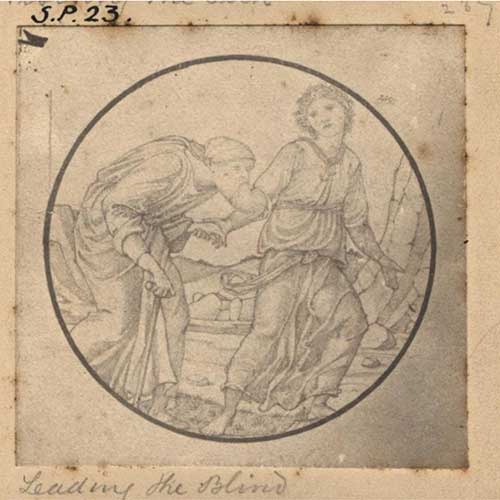
Story Time - Awesomely Emma
Activity 1: Do a Little Research
July 26 is the anniversary of the Americans with Disabilities Act (ADA). It's been an important American civil rights law for the last 31 years. Why are those laws important? Ask your friends and family or consult the internet to learn about the ADA. What did you learn through your research?
Interview a friend or a family member about what words come to mind when they think about the word "disability." What do you notice about the words they say? What do you think of when you think of the word "disability?" Are some of the words you thought of the same, or are they different from what your friends and family said? Do you share the same opinions?
Did your understanding of the word "disability" change when you read Awesomely Emma? Did it stay the same? If your thoughts about disability changed, how did they change?
Activity 2: Ableism in Art
In Awesomely Emma, Emma is an aspiring young artist who dreams of having her artwork displayed on the walls of a major art museum. She is a strong and resourceful person who can do things for herself. She gets mad when her friend Charley tries to do everything for her because it makes her feel small. Do some research and try to find representations (drawings, paintings, or other visual art) of people with disabilities. Take note of how these images represent or show the artist’s perspective on disability. Here is an example of one artwork in The Huntington's Art Collections Catalog, a silver nitrate photograph, Leading the Blind.

Artist Unknown, designed by Edward Burne-Jones (1833-1898), Morris and Company (British, 1861-1940), William Morris Collection, n.d. The Huntington Library, Art Museum, and Botanical Gardens.
What do you notice in this image? How is the blind person represented or shown? What are some words that you would use to describe him? How does this differ from how Emma is portrayed or shown in Awesomely Emma?
After our reading of the book, we explored the concept of ableism. Ableism is a set of beliefs or practices that devalue and discriminate against people with physical, intellectual, or psychiatric disabilities. It often rests on the assumption that disabled people need to be ‘fixed" in some way. (Source: Center for Disability Rights ). Emma is adamant that it is the “museum that needs to change,” not her. How did Emma combat ableism in the book? What are some examples of how you can combat ableism in your own life?